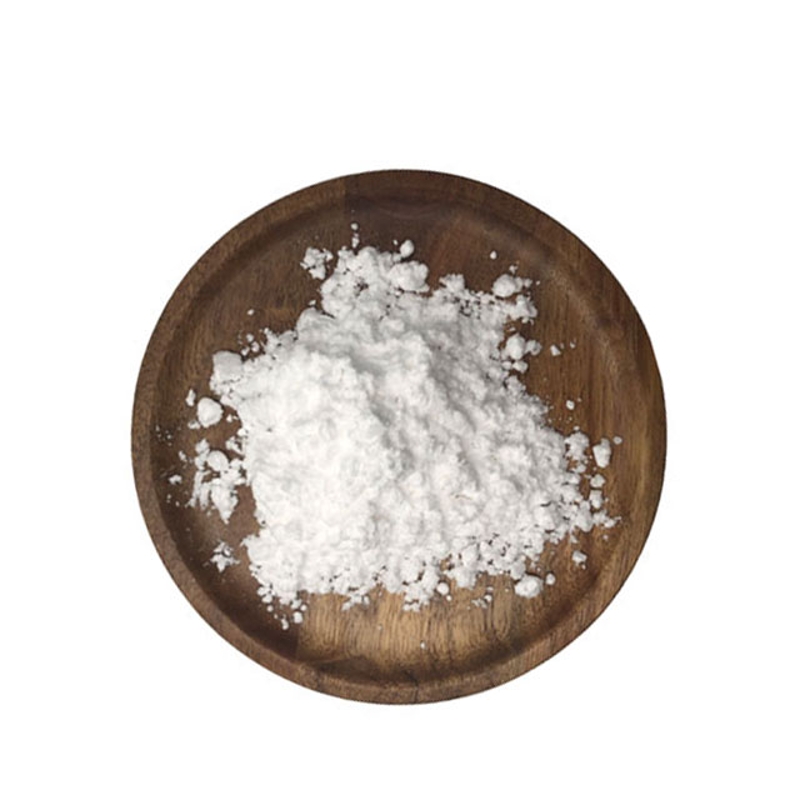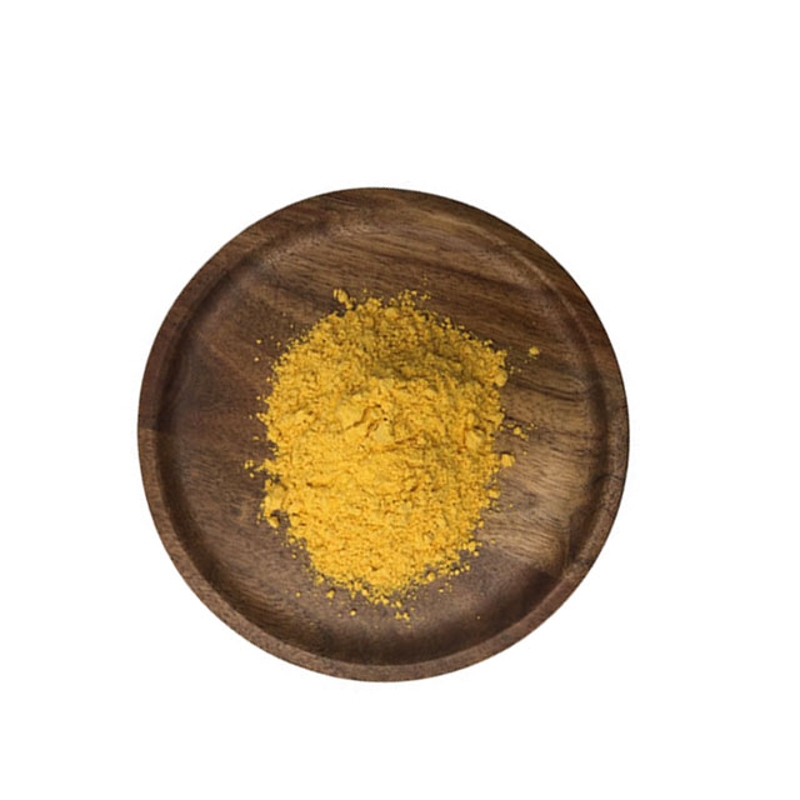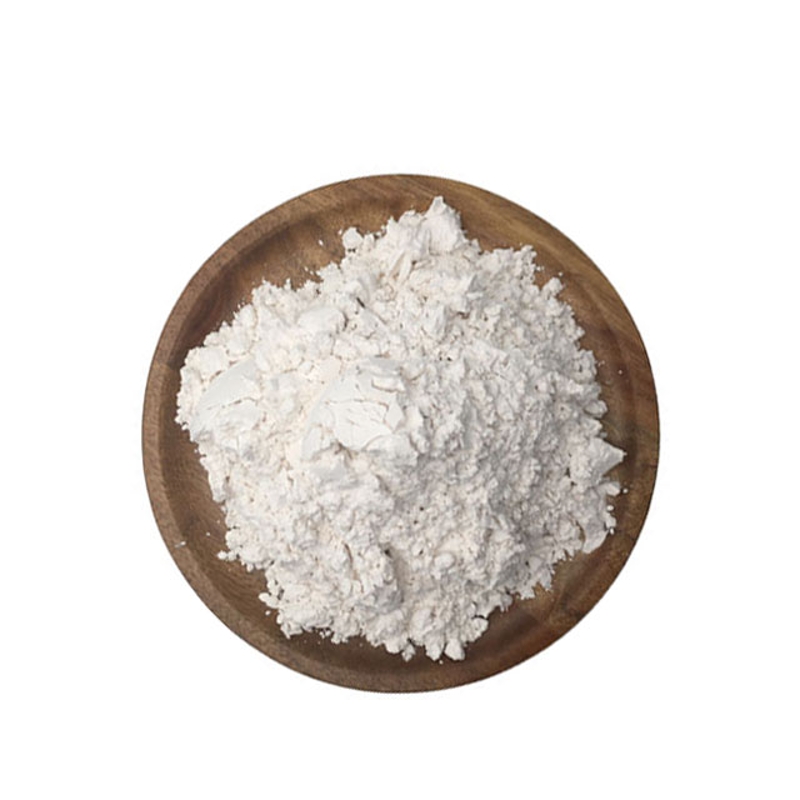-
Categories
-
Pharmaceutical Intermediates
-
Active Pharmaceutical Ingredients
-
Food Additives
- Industrial Coatings
- Agrochemicals
- Dyes and Pigments
- Surfactant
- Flavors and Fragrances
- Chemical Reagents
- Catalyst and Auxiliary
- Natural Products
- Inorganic Chemistry
-
Organic Chemistry
-
Biochemical Engineering
- Analytical Chemistry
- Cosmetic Ingredient
-
Pharmaceutical Intermediates
Promotion
ECHEMI Mall
Wholesale
Weekly Price
Exhibition
News
-
Trade Service
Short-chain fatty acids are one of the important metabolites of gut microorganisms, and as signaling molecules affect a series of host activities.
short-chain fatty acids (short-chain fatty acids, SCFA), also known as volatile fatty acids (Volatile fatty acids, VFA), according to the number of carbon atoms in the carbon chain, the number of carbon atoms less than 6 organic fatty acids called short-chain fatty acids, mainly including acetic acid, propic acid, isodric acid, butyric acid, isoprene acid, acid.
function of short-chain fatty acids (SCFAs), a microbial fermentation product of dietary fiber.
SCFAs are mainly composed of acetic acid, bingsuan salt and Dingate and play a key role in regulating host metabolism, immune system and cell proliferation.
SCFAs, which have the highest concentrations in the blind and near-end colons, are a source of energy for colon cells (especially Dingates) and can also be transported through a door vein to the outer circulation to act on the liver and exosome tissue.
although SCFAs levels are low in the outer cycle, they participate as signaling molecules in different biological processes hosted.
The current study is to emphasize the benefits of short-chain fatty acids, reduce inflammatory response, to the intestinal cortical cells to provide energy, rarely see the article said the harm of short-chain fatty acids, this idea is problematic, the body of any substance content needs to be in a certain range, beyond this range after too high or too low will cause harm to the body, short-chain fatty acids are also, the content is too high or too low is harmful, need to have an evaluation indicator.
the composition of the intestinal bacteri group affects the clinical effect of immuno-checkpoint inhibitors in patients with advanced cancer, the specific mechanism is not clear.
the molecular level of the intestinal bacteria affect the immune response is mainly achieved by the metabolites of the gut bacteria.
short-chain fatty acids from fermented dietary fibers in the gut bacteria (this process is mainly carried out in the colon).
In mouse and human trials, we assessed the effects of short-chain fatty acids on CTLA-4 antibody drugs and found that high levels of butyric acid and propic acid in the blood were associated with CTLA-4 blocked resistance, resulting in a high proportion of Treg cells.
In mice, CTLA-4 antibodies can induce CD80/CD86 increases in dexterity cells, ICOS increases in T cells, tumor-specific T cells and memory T cells accumulate, while butyric acid can inhibit these effects of CTLA-4 antibodies.
in cancer patients, high levels of butyric acid in the blood inhibit the accumulation of ipilimumab-induced memory T-cells and ICOS-CD4-T cells, as well as il-2 immersion.
, these results suggest that short-chain fatty acids limit the ability of CTLA-4 antibodies.
above results show that short-chain fatty acids may have some negative effects on CTLA-4 antibodies, but the effects on PD-1/PD-L1 monoantibodies have not been studied.
, however, the study is a reminder that cancer patients are not advised to take too much dietary fiber that produces short-chain fatty acids during immunotherapy, and that the use of probiotic products requires careful evaluation.
.







